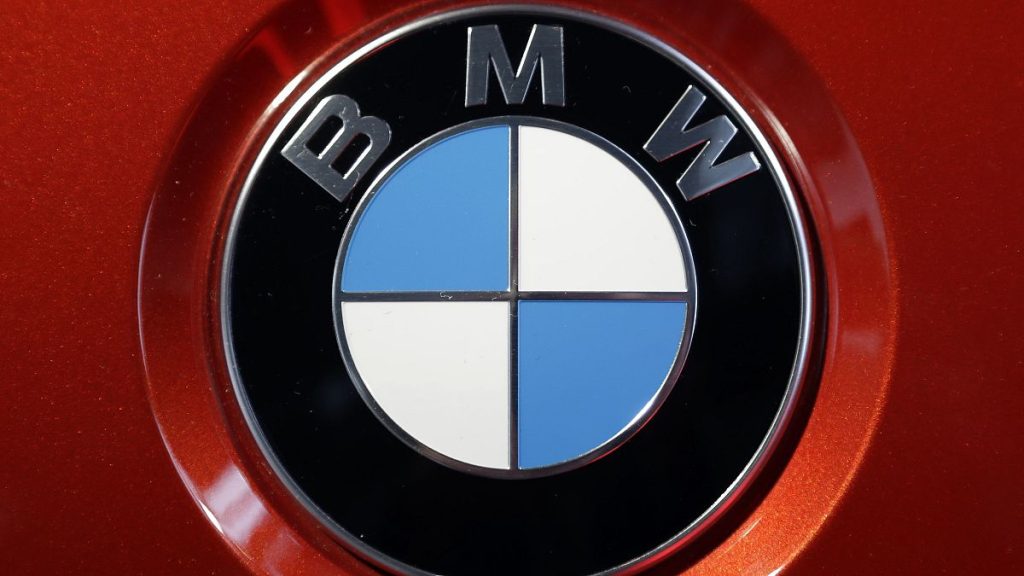The BMW Group has acknowledged the sale of over 100 luxury vehicles to Russian buyers, despite existing EU sanctions prohibiting such exports. This revelation confirms a Business Insider report and highlights the challenges in effectively enforcing sanctions against Russia. The sales, deemed “irregularities” by BMW, were orchestrated by employees at the company’s Hanover branch, who have since been terminated. BMW has also suspended several pending deliveries in an attempt to realign its operations with the sanctions regime. The incident underscores the growing problem of “grey market” or “back door” imports, which circumvent sanctions through third-party countries.
The EU, along with the US, has imposed sanctions on the export of luxury goods, including vehicles with engines exceeding 1,900 cubic centimeters, hybrids, and electric vehicles, to Russia. These sanctions aim to pressure Russia over its ongoing conflict with Ukraine. However, the effectiveness of these measures is being undermined by the increasing use of intermediary nations like Kazakhstan, Kyrgyzstan, Turkey, and the UAE. These countries maintain strong trade ties with Russia and have not imposed their own sanctions, making them convenient transit points for goods destined for the Russian market.
The geographical proximity of these nations to both Europe and Russia further facilitates this grey market trade. Russian entities have also established shell companies in these intermediary countries to streamline import-export transactions, further obscuring the flow of goods. This intricate network of intermediaries and shell companies makes it difficult for regulatory bodies to accurately track the volume of products entering or leaving Russia, despite a decrease in direct exports from Europe.
The use of shadow fleets, comprising older oil tankers from countries like Cameroon and Liberia, adds another layer of complexity to sanctions enforcement. These vessels are often used to illicitly transport Russian oil, further complicating efforts to monitor and control trade flows. The reluctance of third-party countries to implement their own sanctions on Russia contributes to the erosion of international sanctions’ impact and necessitates delicate diplomatic negotiations with these nations by the EU.
BMW’s statement acknowledges the widespread availability of various companies’ products in Russia, despite those companies’ adherence to sanctions. This highlights the pervasive nature of grey market activities and the difficulty in preventing goods from reaching the Russian market through indirect channels. BMW claims to have implemented measures to counter such imports, but the recent sales demonstrate the limitations of these measures in the face of determined efforts to circumvent sanctions.
This incident involving BMW exposes the inherent vulnerabilities in the sanctions regime and the sophisticated methods employed to bypass them. The reliance on third-party countries, the establishment of shell companies, and the use of shadow fleets create a complex web of transactions that obscures the true extent of trade with Russia. The reluctance of intermediary nations to impose their own sanctions further weakens the overall impact of international measures. Addressing these challenges requires enhanced cooperation between nations, stricter enforcement mechanisms, and greater transparency in international trade to effectively isolate Russia and achieve the intended objectives of the sanctions. This complex issue demands a multifaceted approach that tackles both the direct and indirect routes through which goods reach the sanctioned nation.














